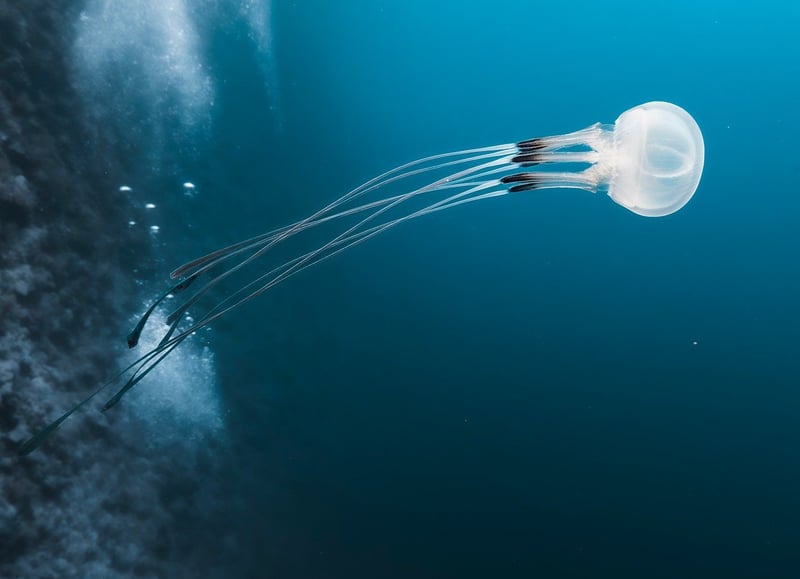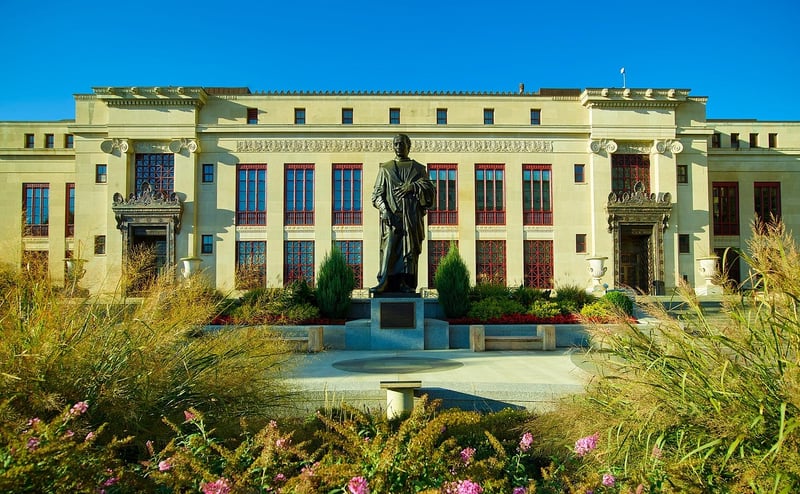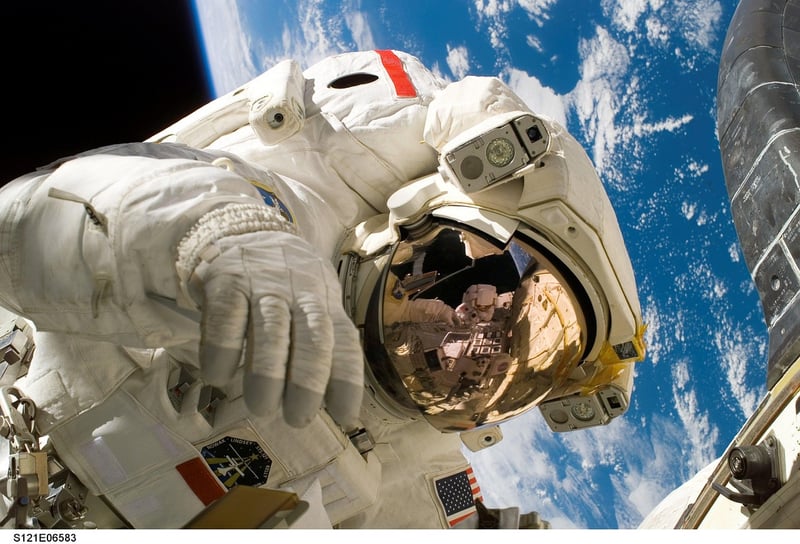Future Exploration
The Evolution of Exploration: From Ancient Times to the Future
Ancient Exploration
Ancient civilizations such as the Egyptians, Phoenicians, Greeks, and Romans were pioneers in exploration. They navigated the seas, crossed deserts, and mapped territories, laying the foundation for future explorers.

Age of Discovery
The Age of Discovery in the 15th to 17th centuries saw European explorers like Christopher Columbus, Vasco da Gama, and Ferdinand Magellan embark on voyages to uncover new lands, leading to significant global expansions.

Modern Exploration
In the modern era, explorers like Roald Amundsen, Amelia Earhart, and Neil Armstrong pushed the boundaries of exploration by reaching the North and South Poles, flying solo across oceans, and landing on the moon.

Future Exploration
The future of exploration holds exciting possibilities, from deep-sea exploration to space travel. Technologies like AI, robotics, and virtual reality are revolutionizing how we explore the unknown.

Key Takeaways:
- Ancient civilizations laid the groundwork for exploration.
- The Age of Discovery expanded global knowledge and trade.
- Modern explorers achieved remarkable feats in aviation and space exploration.
- The future of exploration is driven by advanced technologies and a thirst for discovery.
Exploration has always been a fundamental part of human nature, driving us to seek out the unknown and expand our horizons. From ancient seafarers to future space travelers, each era of exploration has added to our collective understanding of the world and universe around us.
As we look towards the future, the spirit of exploration continues to inspire us to push the boundaries of what is possible and uncover the mysteries that lie beyond. Whether it's exploring the depths of the ocean or venturing into the vast expanse of space, the journey of discovery is an enduring human pursuit that knows no bounds.
